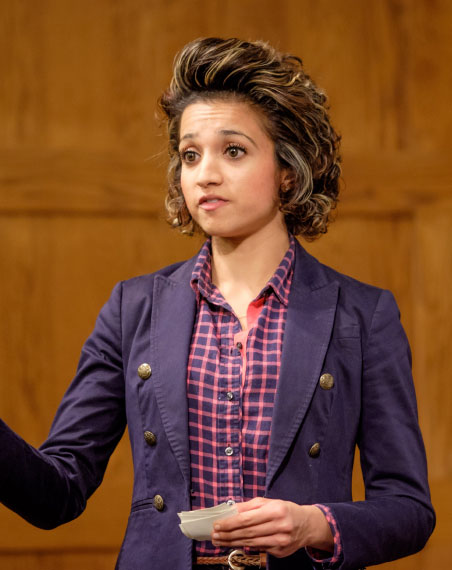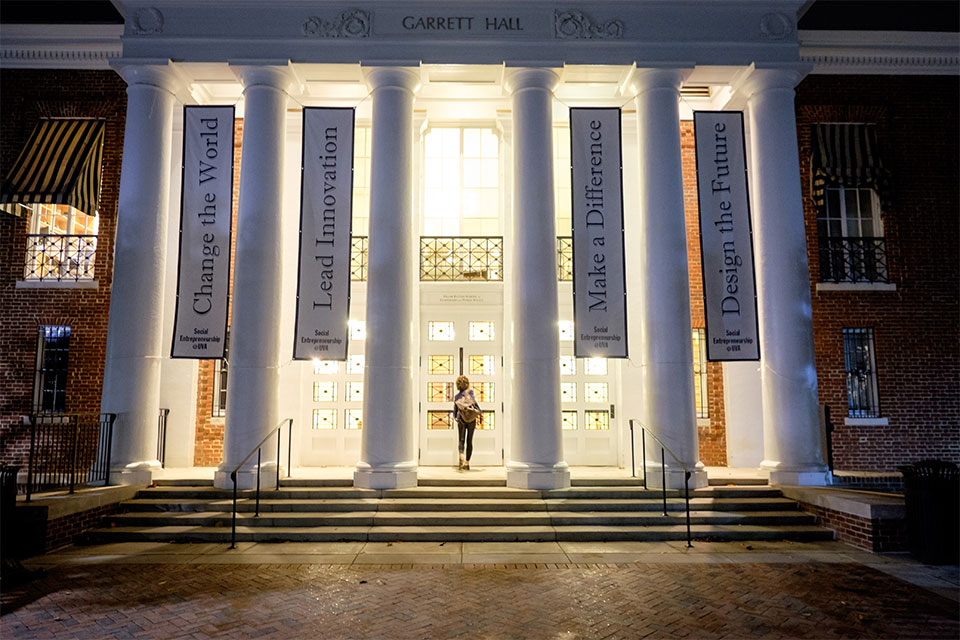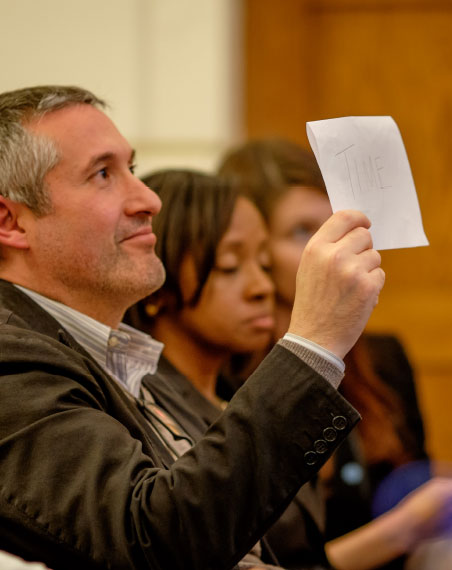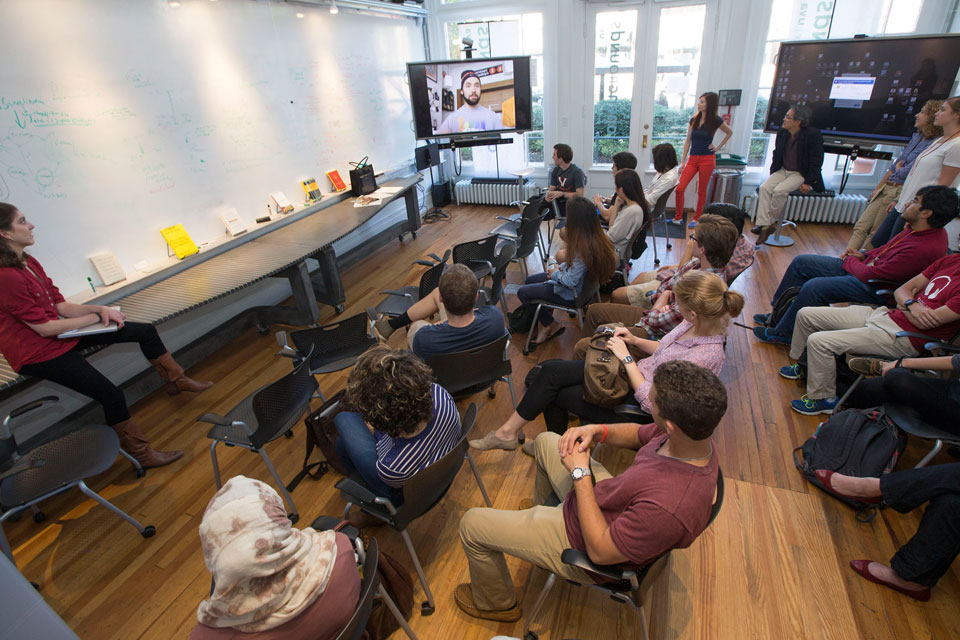Leadership and the Policy Marketplace
When E-Cup officials enthusiastically support even those groups that don’t advance, that support speaks volumes about the quality of the competing groups. “I was really proud of them,” Mahoney says. “They showcased the best of U.Va. for our judges.”
Mahoney estimates that more than half of the groups will take their extracurricular ideas and create on-the-ground ventures. Such innovation, she said, is a perfect fit for the Batten School.
“We are a school of public policy but we are also a school of leadership. When Mr. Batten donated the funds to start the school, he wanted us to train enlightened and ethical citizen leaders. That perfectly describes the best social entrepreneurs.”
Further, the movement toward social entrepreneurship stands to create exciting public policy outcomes through the proliferation of innovative ideas. Rather than policy ideas always flowing from the top down, social innovation through small, independent groups can produce, in essence, an informal policy marketplace.
“Policy schools are solution-oriented. We can’t just look at the world, say it’s a total mess and end there,” Mahoney says. “If you are in a policy school, you are required to come up with strategies for moving forward.”
As with any marketplace, a policy market that can emerge from a proliferation of social innovation rewards success. Ideas that work can be scaled up through impact investing or funded by enlightened leaders within government. Ideas that don’t work will contribute in their own way. Social entrepreneurs—like any other innovators—learn from their mistakes and “pivot” to emerge stronger from the experience to try something else. In either case, the idea of emerging policy choices resonates with one of the founding adages of the Batten School: Policy is everywhere.
“The Batten School teaches you to have the practical skills to see policy in everything and use those skills to fight real problems in the world,” Iyer says. “Social entrepreneurship encompasses all that I wanted to do but didn’t have a word for until I came here. That really shapes my worldview now."



